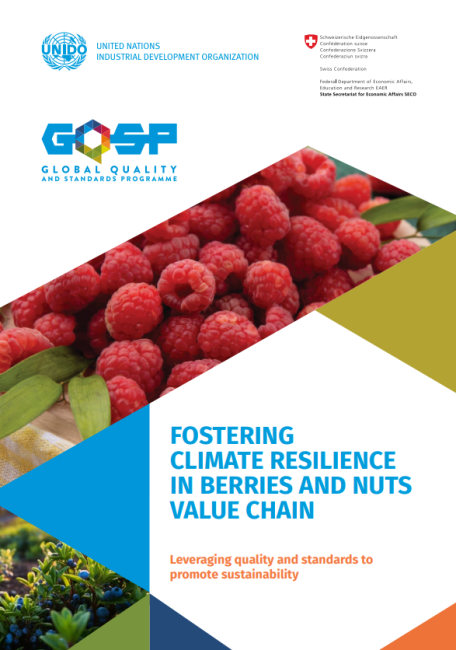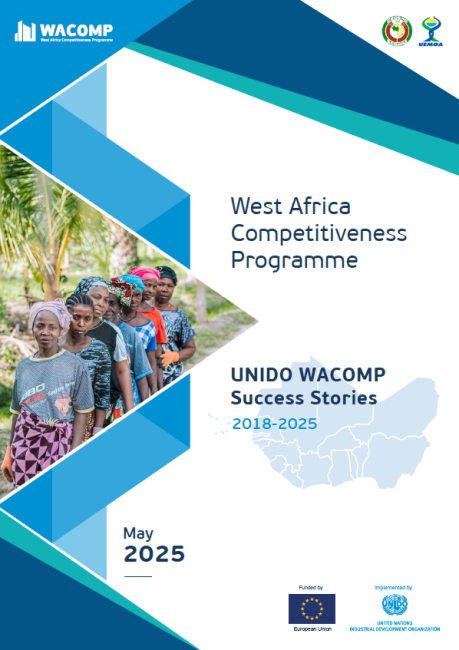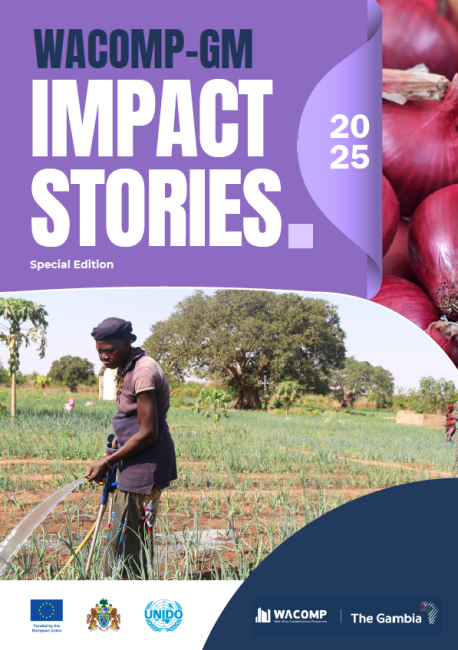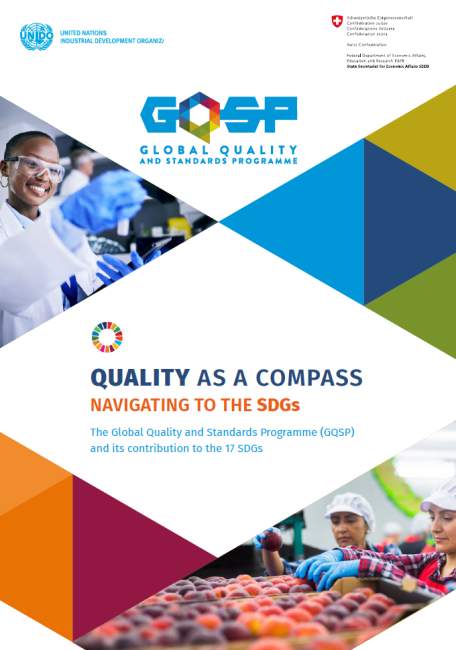Quality & Standards
With production lines spanning over more than a single country, global value chains have become increasingly important for trade. On the one hand, quality requirements pose obstacles to producers from developing countries to enter and participate in global value chains. On the other hand, capacity to prove compliance can also result in opportunities and lead to integration into the global market.
It is widely recognized that in order to enhance competitiveness through quality and standards, it is important to view quality infrastructure (QI) as a system, and to not only strengthen the supply side, but also stimulate demand for quality services, by creating a conducive environment, raising awareness and providing support to the private sector.
Against this background, UNIDO’s approach to QI development is systemic, holistic, and demand-driven in order to provide more targeted support in line with private sector needs—from building awareness to helping initiate, develop and strengthen a fit-for-purpose QI that runs efficiently and cost-effectively. Therefore, UNIDO’s technical cooperation analyzes demand for particular capacities along specific value chains/sectors and provides targeted support to all stakeholders along the value chain. It works with partners from the public and private sectors, academia, national and international organizations engaged in standards development, and global metrology, standards and conformity assessment practice. Its interventions include support in policy development, institutional capacity building, enhancing the provision of relevant QI services, support to enterprises and awareness raising among consumers.
Explore the online tools

Standards Compliance Analytics
Information on the border rejections in major global markets, for different products from different exporting countries, in order to help exporting countries to focus and navigate their efforts in improving compliance capacity of their industries and thereby reduce the negative impacts arising from border rejection.

The QI4SD Index
The Quality Infrastructure for Sustainable Development (QI4SD) Index provides a framework of indicators that summarizes the overall state of development of a country’s and/or region’s Quality Infrastructure (QI) readiness to support the Sustainable Development Goals (SDGs).

Labnet - The Laboratory Network
An innovative database providing information on services offered by Conformity Assessment Bodies (CABs) around the world in the area of calibration, testing, certification, and inspection. At the same time it provides information on how to strengthen the supply side capacity of conformity assessment services.

The Trade Capacity Building Resource Guide
Who provides what kind of services in trade capacity building? The Interactive Web Tool includes information from 31 Multilateral Agencies and 37 Bilateral Development Partners on their trade-related Strategies & Services in 14 Categories
Trainings

Quality Infrastructure and Trade
Based on a solid analysis of trade challenges and opportunities, the training is designed for encouraging trade development along value chains.

Quality Policy
This training aims at supporting quality infrastructure practitioners and policy makers to design and develop robust, holistic, and demand-driven quality infrastructure systems.

Quality Management
A Roadmap to Quality is a newly developed and state-of-the-art e-learning training programme to promote understanding and facilitate the implementation of Quality Management effectively throughout the company.

Good Governance in Quality Infrastructure
This training aims to assist Quality Infrastructure practitioners build a Good Governance system within their organizations and to guide their work with samples of useful tools.

Inclusive and Sustainable Cluster Development
Clusters and business networks have become keywords in the policy debate in industrialized and developing countries. They are regarded as tools to promote poverty reduction and the development of competitive industries. However, several bottlenecks may hamper their performance.
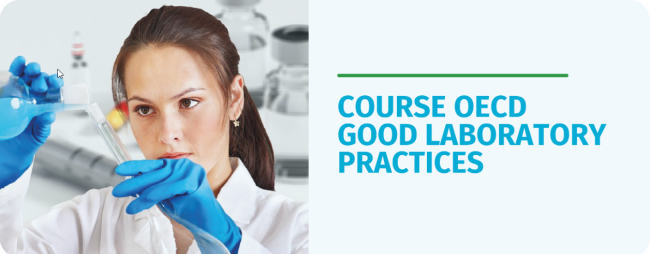
OECD Good Laboratory Practices
The OECD Principles of Good Laboratory Practice (GLP) set quality standards for the management and conduct of non-clinical safety studies of chemicals. They outline responsibilities for personnel, facilities, and documentation to ensure reliable and valid test data. GLP promotes international harmonization and mutual acceptance of safety data across countries.
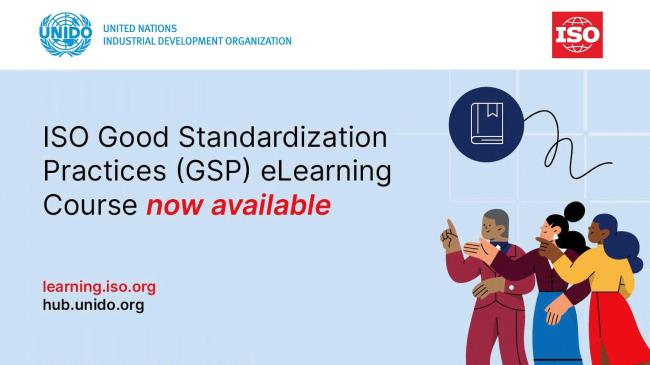
Good Standardization Practices (GSP) - Fourth Cycle
This eLearning course was developed by the International Organization for Standardization (ISO) and the United Nations Industrial Development Organization (UNIDO), with contributions from the Swedish International Development Cooperation Agency (Sida) and the Swiss Confederation’s State Secretariat for Economic Affairs (SECO).

